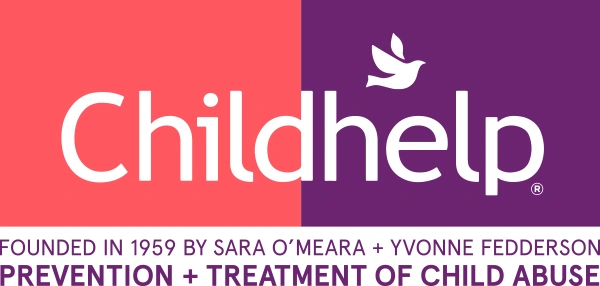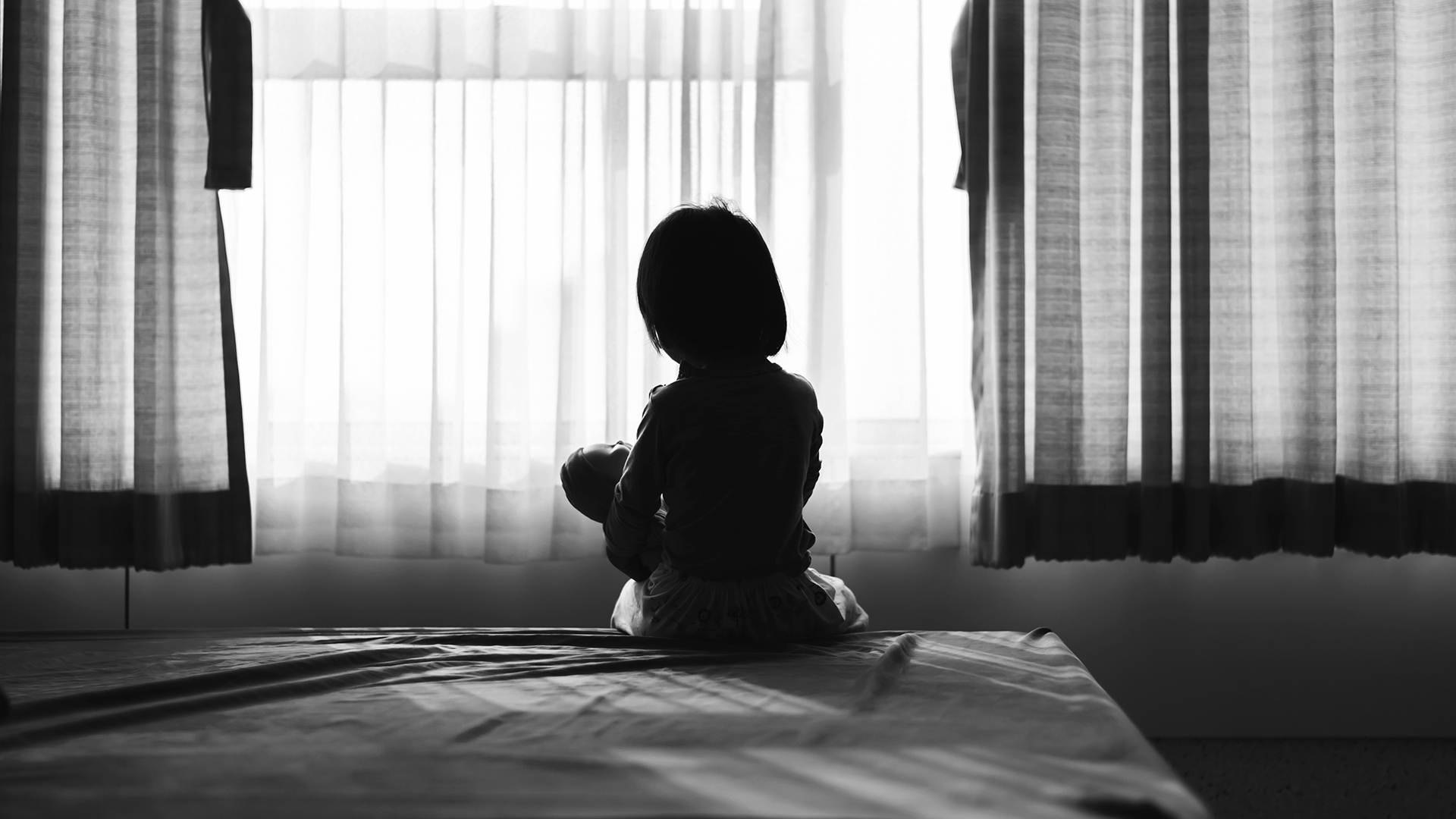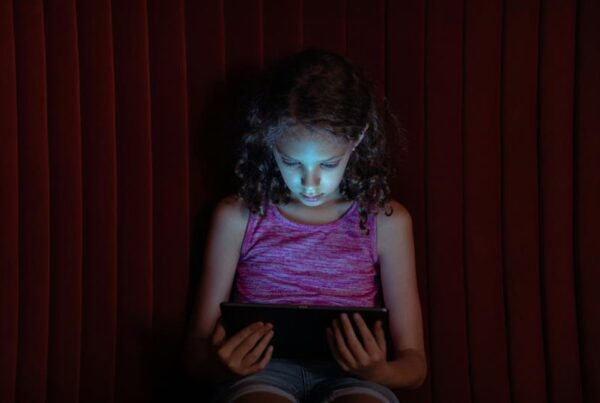Summer is a time most kids look forward to — sun, freedom, family vacations, and plenty of time to play. But for too many children, summer is not a break. It’s a season of risk.
When school ends, safety nets disappear, which is why Childhelp is launching the “Hope for a Safe Summer” campaign — a nationwide call to keep our most vulnerable children protected during the months when abuse is least likely to be reported, but all too likely to happen.
During the school year, children are surrounded by mandatory reporters — teachers, school counselors, nurses, and coaches. In fact, educators make the majority of child abuse reports nationwide. But when school lets out? That lifeline is gone.
Here’s why summer can be risky:
- Reduced contact with mandatory reporters: Teachers and school staff are often the first to notice signs of abuse or neglect. Structured programs also include counselors and coaches who are trained to intervene when something seems amiss. In the summer those daily touchpoints disappear.
- Less structure and supervision: Many children have looser schedules, limited supervision, or spend more time alone with potential abusers. Others are online for hours each day. The FBI estimates more than 500,000 predators are online at any given time, many of them actively targeting unsupervised children.
- Increased isolation: Families may isolate during summer break or due to financial stress. With fewer interactions from neighbors or friends who might notice something is wrong — and increased visits to unfamiliar homes with extended family or friends — abuse can go undetected.
- More stress: The cost of summer camps, food (with school meal programs on pause), and childcare can create enormous pressure for struggling families. Stress is a known risk factor in the escalation of abuse.
- Fewer reports: Some studies have shown a 23% drop in child abuse hotline calls during the summer. That doesn’t mean abuse has stopped. It means fewer people are in a position to see it — and fewer children have someone to help them.
The Childhelp National Child Abuse Hotline is available 24/7, 365 days a year. Staffed by professional crisis counselors, the hotline provides immediate, confidential support to children in crisis and adults who need guidance and resources.
How you can help
Stay alert. If something doesn’t seem right with a child, trust your gut. One caring adult can change everything.
Check in. Reach out to children in your family, neighborhood, or community who may be isolated.
Share the hotline. Whether it’s on social media, your workplace, or your child’s school, make sure families know help is available.
Give. A gift of just $22 connects one child to a professional counselor through the Childhelp National Child Abuse Hotline.




